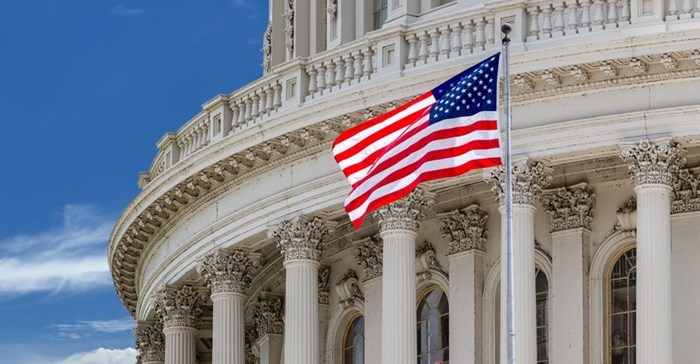We'll soon know who the next US president will be. Markets have already clearly signalled their preference: every uptick of support for Donald Trump in opinion polls has been met with a sell-off, and the S&P500 has fallen to its lowest level since July as the polls narrowed. South African equities have followed the US with the JSE All Share dipping to a level last seen after the Brexit vote.
Mexico, which has an economy that is heavily dependent on continued free-trade with the US, has seen its currency especially hard hit. Unlike other commodity-producing emerging markets (such as South Africa and Brazil), the peso didn’t appreciate against the US dollar this year based on fears of a Trump win. That outcome would be a shock, but it is important to recognise how little influence the US president actually has on economic matters as Congress makes most of the relevant decisions.
It is in the realm of foreign policy where the US president has most influence. If Hillary Clinton wins as indicated by the latest polls, she will likely be hamstrung by a Republican-controlled Congress. Even with a popular vote behind her, she might be a lame-duck president from day one. This is possibly also weighing on markets.
Fed getting ready to hike
Monetary policy in the US, as in South Africa, is run independently of the executive and legislative branches of government, and unlikely to be influenced by the outcome of the election. The Federal Reserve’s monetary policy meeting last week set the stage for an interest rate hike in December. The Fed said that it was waiting for “some” further evidence of continued progress toward its goals of 2% inflation and full employment. Inflation has been creeping up in the past few months, and the Fed expects it to be on target by 2018. Unemployment remains low.
Other economic data - on retail sales, manufacturing and housing - have been mixed but generally point to continued moderate growth. So barring an extremely negative data point or severe market meltdown, a hike next month is likely. Futures markets are pricing in an 80% probability, while US long-bond yields have risen to the highest level since March (though at 1,8%, the yield on the 10-year is still well below the 2,25% starting level for the year). What does this mean for us in South Africa? A stronger dollar will put pressure on the rand. The key issue is not whether there is a hike now, but rather how many hikes there will be after December. If the Fed overreacts, the dollar could surge, placing the rand under tremendous pressure. However, a dollar that is too strong works against the Fed’s objectives and it is therefore unlikely that they will increase rates by too much.
As it is, the rand has done very well over the past three weeks, supported by domestic political developments (the dropping of charges against finance minister, Pravin Gordhan, and the release of the public protector’s report on state capture), and firmer prices for our main commodity exports. The gold price is around $1,300/oz again, while platinum is close to $1,000/oz. Iron ore prices lifted from $56 per tonne to around $66 per tonne. For iron ore, platinum and gold, the prevailing dollar price is still below the 2016 high point. But at $67 per tonne, the price of export thermal coal is at the highest level this year, up from $50 per tonne in January.
Political risks everywhere
Domestic politics does affect currencies. The pound jumped after the high court in London ruled that the UK government needs parliamentary approval to exit the European Union, meaning that Brexit might not even happen (the government will appeal). But for the rand, the trend is ultimately determined by expectations for US interest rates, sentiment towards emerging markets and commodity prices.












































